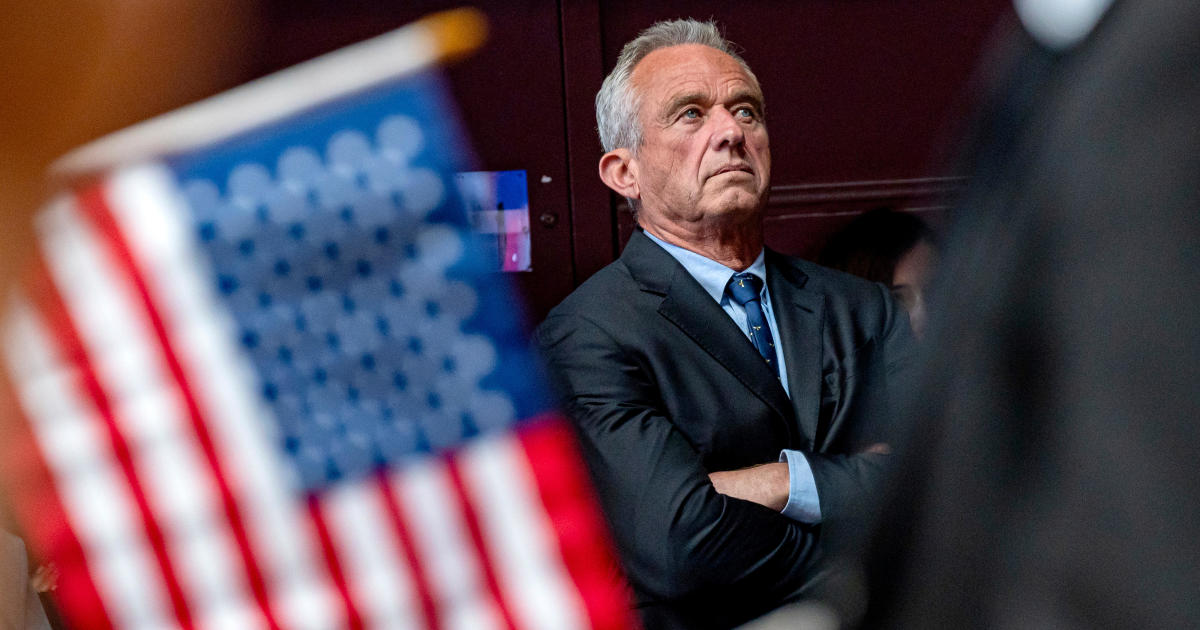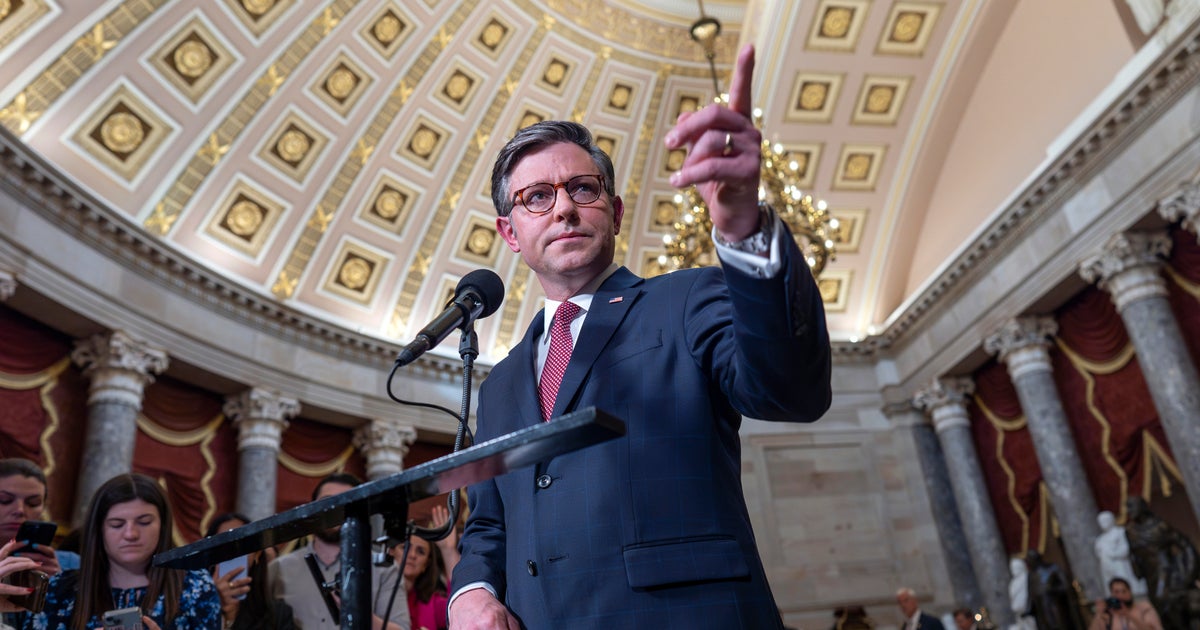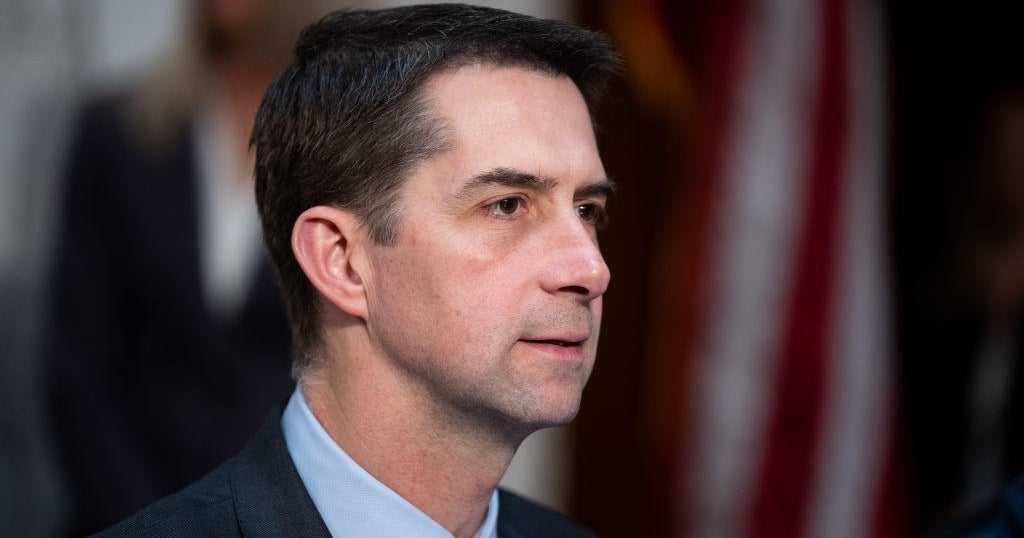How you can get free N95 masks from the US government

This week, the Biden administration will begin distributing free N95 masks — which provide the greatest protection among readily available disposable masks — to the public as part of its push back against the omicron wave.
The administration had announced last week that it would be making 400 million N95 respirator masks freely available to the public at community health centers and pharmacies across the country. That announcement came on the heels of the rollout of a website for ordering free Covid-19 rapid tests.
The N95s will be coming from the United States Strategic National Stockpile, which is the federal government’s reserve for crucial medicines and supplies for use during a public health emergency. The White House called the initiative the largest deployment of personal protective equipment in US history. Belated though it may be according to some experts, the flurry of giveaways signals a shift for the administration to go beyond a vaccination-centric campaign to fight and control the pandemic.
Ezekiel J. Emanuel, the vice provost for global initiatives at the University of Pennsylvania and a former member of the Biden transition team’s COVID Task Force, said he welcomed the free distribution of masks. “There are people who can’t afford them, people who can’t get them because they don’t have internet, and being able to walk into pharmacies and just pick them up is fantastic,” he told Vox.
The Biden administration appears to finally be responding to criticism this winter for its domestic response to the pandemic. As the masks make their way to distribution areas throughout the country, you may have some questions about how to get them. Here’s what you need to know.
Where and when will the N95 masks be available?
The free Covid-19 rapid tests are delivered by mail directly to people who sign up to get them from the Covidtests.gov website. But Americans will have to go pick up the free N95 masks in person from local pharmacies and community health centers (many of which serve vulnerable and underserved communities), with supplies becoming available as early as this week. (You may want to call your local pharmacy first to find out if their shipments have come in.)
The masks will be fully available at tens of thousands of such locations by early February, according to the White House. Pharmacies across the country have reported already receiving their shipments of N95 masks and distributing them to customers in recent days.
The pharmacies participating in the distribution of N95s will be the same as those that partnered with the government to provide Covid-19 vaccines to the public. This includes big retail chains like Walgreens, CVS Pharmacy, Walmart, Rite Aid, Kroger, Albertsons (think Safeway and Randalls), and Costco.
Are these masks free, and how many can each person get?
Everyone can get up to three masks free “to ensure broad access for all Americans,” the White House said.
Jen Kates, the senior vice president and director of global health and HIV policy at the Kaiser Family Foundation, told Vox that it’s unknown whether the administration will distribute more masks down the road. But while it’s not clear if this is a one-time measure, the distribution of 400 million N95s amounts to more than half the total 750 million N95 masks currently stored in the Strategic National Stockpile, which might factor into the administration’s thinking on whether to have another giveaway down the road.
Why N95s instead of cloth or surgical masks?
In updated guidance issued recently, the Centers for Disease Control and Prevention (CDC) stated that “while all masks and respirators provide some level of protection, properly fitted respirators” — the technical term for a face mask like an N95 — “provide the highest level of protection.”
Experts increasingly are making the case that cloth masks are insufficient in the face of a virus as infectious as the omicron variant of Covid-19, as they are not very effective at preventing small airborne particles from passing through to the wearer.
N95s get their name due to the fact that properly certified masks can filter out at least 95 percent of airborne particles, including aerosol particles and respiratory droplets. They also tend to have a tighter fit (if worn properly) that makes them superior to surgical masks, which are generally looser fitting.
Although the administration is giving out N95s, masks like KN95s and KF94s are also considered to offer a similar level of protection that N95s provide, and are widely available from retailers. (N95s are certified by standards set by the United States government, KN95s by the Chinese government, and KF94s by the South Korean government.)
The tricky thing is that there are fake versions of N95s and KN95s on the market. Here is the CDC’s guide to determining whether an N95 you encounter is the legitimate article. For KN95s, the CDC documents here what to look out for.
Can you reuse N95 masks?
Given that each person can only get three free N95s, you may need to extend the lifespan of the masks.
The CDC says you shouldn’t wear them more than five times. However, Anne Miller of Project N95, a nonprofit that assists communities with acquiring personal protective equipment, COVID-19 diagnostic tests, and other crucial supplies, told NPR that you can think about the five wearings in terms of eight-hour days, or 40 hours of wear total — meaning if you go for a 20-minute trip to the store, you can count that as 20 minutes off of that mask’s 40-hour life.
One way the CDC and other experts recommend extending the use of your masks is what Miller calls the “brown bag decontamination method.” You can store an N95 in a breathable paper bag for a week, and then reuse it, as the viral particles on it will have died off by then.
Still, you should also use your best judgment and dispose of any mask that appears dirty and hard to wear or breathe in, or if the fit is starting to loosen.
Will the free N95s fit kids?
The supply will not include child-sized masks, though the administration is working to procure masks specifically for children.
Because most N95s have traditionally been made for health care, manufacturing, and industrial use, there are no versions specifically designed for children, and one should avoid trusting any N95 marketed for children. Instead, aim to get KN95s and KF94s, as these kinds of respirator masks do have versions made for children.
Better masks, better late than never
The rollout of the masks comes during a period when Covid-19 cases are finally starting to fall overall nationwide following a debilitating weeks-long surge. That timing has some wondering whether the distribution of masks and rapid tests comes too little, too late.
“Better late than never,” Kates said, arguing that the plans are important signals that the Biden administration is pushing past “the politicization of masks” and that they will do more to control Covid beyond vaccination.
Emanuel, who has previously stated that individuals “wearing N95s is the single biggest thing we can do to reduce transmission,” emphasized to Vox that “we shouldn’t underestimate the power of social norms.” By distributing free N95s, he said, the Biden administration is encouraging people to be more “socially responsible.”
It’s a welcome move — but there’s a whole lot more that needs to be done, including improving ventilation on a wide scale, shoring up our hospital systems, bolstering global vaccine production capacity, and increasing the production of effective drugs and treatments.
In the meantime, sign up to receive rapid tests, swing by your local pharmacy in the next week to get your masks, and let’s hope that the omicron wave is on its way out.
Checkout latest world news below links :
World News || Latest News || U.S. News
Source link



